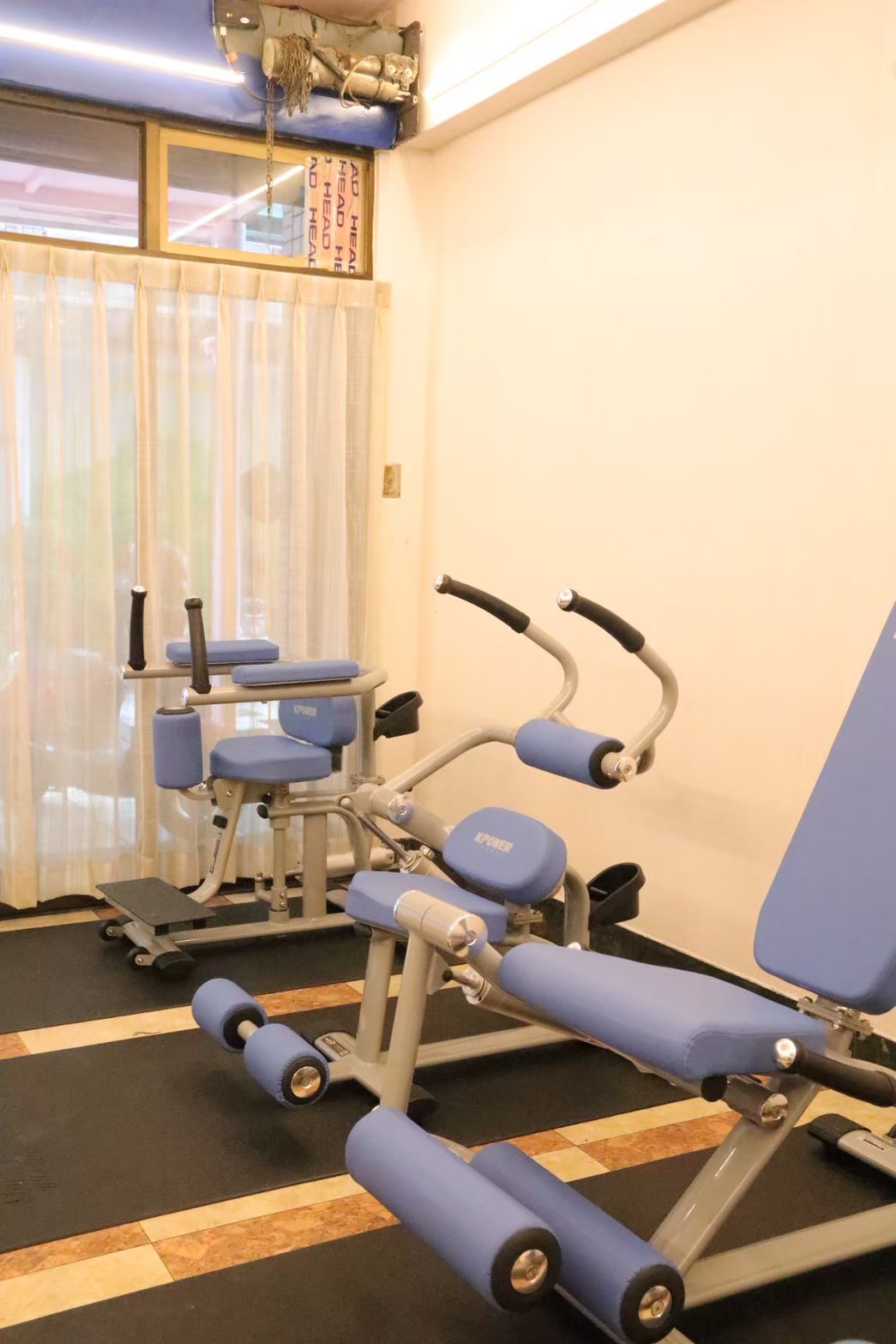What Businesses Need to Know About Product Liability Lawsuits

In today's dynamic business landscape, organizations face a variety of risks, and one of the most critical is product liability. Product liability lawsuits occur when a company is held responsible for the harm or injury caused by its products. Whether you are a manufacturer, retailer, or distributor, understanding the nuances of product liability is essential for safeguarding your company and its reputation. This article provides an in-depth overview of what businesses need to know about product liability lawsuits and how to effectively navigate them.
The Basics of Product Liability
Product liability refers to the legal responsibility of a company for the manufacturing, selling, or distributing of a defective product that causes harm to consumers. A business can be held liable for injuries caused by a defect in the product, even if they did not directly cause the harm. In most jurisdictions, the law covers three primary types of defects: design defects, manufacturing defects, and marketing defects (including failure to warn).
Types of Defects Leading to Liability
-
Design Defects: A design defect occurs when a product is inherently unsafe due to its design. This can be problematic across all units of the product, regardless of how they were manufactured.
-
Manufacturing Defects: A manufacturing defect arises when an otherwise safe product is made with a mistake during the manufacturing process, such as using subpar materials or faulty assembly.
-
Marketing Defects: This type of defect involves improper warnings, inadequate instructions, or misleading advertising that contributes to consumer harm.
Legal Implications of Product Liability
Understanding the legal implications of product liability is paramount for businesses. Product liability claims are typically based on one of three legal theories: negligence, strict liability, and breach of warranty.
Negligence
In negligence cases, the plaintiff must prove that the company failed to exercise reasonable care in the design, manufacture, or marketing of the product, resulting in harm. The burden of proof lies with the injured party, and businesses can often defend themselves by showing they acted responsibly.
Strict Liability
Strict liability, on the other hand, does not require proof of negligence. If a product defect causes injury, the manufacturer or seller may be held liable, regardless of whether they were negligent in their actions. This is particularly common in cases involving dangerous or harmful products.
Breach of Warranty
Breach of warranty occurs when a product fails to meet the claims or promises made by the seller. This can involve either an express warranty, such as an explicit promise made by the manufacturer, or an implied warranty, where the product is assumed to be fit for use.
The Role of a Legal Nurse Consultant in Product Liability Lawsuits
A Legal Nurse Consultant (LNC) can play an invaluable role in product liability cases, offering expertise in medical and clinical aspects of the case. These professionals work with attorneys to interpret medical records, understand the clinical consequences of injuries, and assess whether a product caused harm as claimed. Their insights are especially crucial in cases where the injuries are complex or the causation is difficult to establish.
LNCs can also assist in evaluating the potential long-term effects of a product-related injury, which can be critical in determining the extent of the company’s liability. Additionally, they may assist in preparing reports, providing expert testimony, or helping attorneys understand technical aspects of medical care related to the injury.
How Businesses Can Protect Themselves from Product Liability Risks
While product liability lawsuits are a significant threat to businesses, there are proactive measures that can be taken to mitigate risk and protect the company’s interests.
1. Conduct Thorough Testing and Quality Control
A proactive approach begins with ensuring the quality and safety of products. This includes rigorous testing and quality control procedures throughout the design and manufacturing process. Regular audits and inspections can help identify potential defects early and prevent harmful products from reaching consumers.
2. Obtain Adequate Product Liability Insurance
One of the most effective ways businesses can protect themselves from the financial burden of product liability claims is through comprehensive insurance. Product liability insurance can cover legal fees, settlements, and other costs associated with lawsuits. However, it's important to review insurance policies carefully to ensure adequate coverage for potential risks.
3. Implement Clear and Effective Warnings
Providing clear, concise, and accurate warnings on products is critical. A well-drafted warning can help reduce the likelihood of a marketing defect claim. This includes labeling products with appropriate instructions for safe use and clear warnings of potential hazards.
4. Keep Detailed Documentation
Proper documentation is a valuable asset for any business. Keep records of product designs, manufacturing processes, testing protocols, quality control measures, and any communication regarding potential issues with the product. This can serve as evidence in case of a lawsuit and can demonstrate that the company exercised due diligence.
5. Foster a Culture of Safety
Building a safety-first culture within the organization can go a long way in reducing risks. Regular employee training, open communication about safety concerns, and the development of safe product development protocols can help prevent issues before they arise.
The Financial Impact of Product Liability Lawsuits
The financial repercussions of a product liability lawsuit can be devastating. Legal costs, damages, settlements, and the long-term effect on the company’s reputation can lead to significant losses. Businesses found liable for product-related injuries may also experience a loss of consumer trust, which can be difficult to rebuild.
For many companies, the threat of a lawsuit is a substantial motivating factor to invest in safety protocols, insurance, and legal consultations to prevent such claims from arising.
Conclusion
Product liability lawsuits are a significant risk for businesses, but with the right precautions and a thorough understanding of the legal landscape, companies can minimize their exposure. By focusing on product safety, maintaining robust quality control, and utilizing the expertise of a Legal Nurse Consultant, businesses can safeguard themselves from potential legal troubles. Taking proactive steps to address product risks and ensuring compliance with safety standards will not only help protect consumers but also the future of the business itself.





